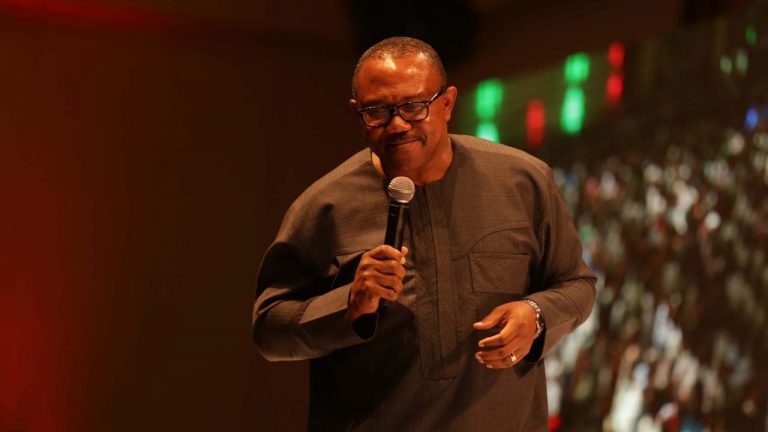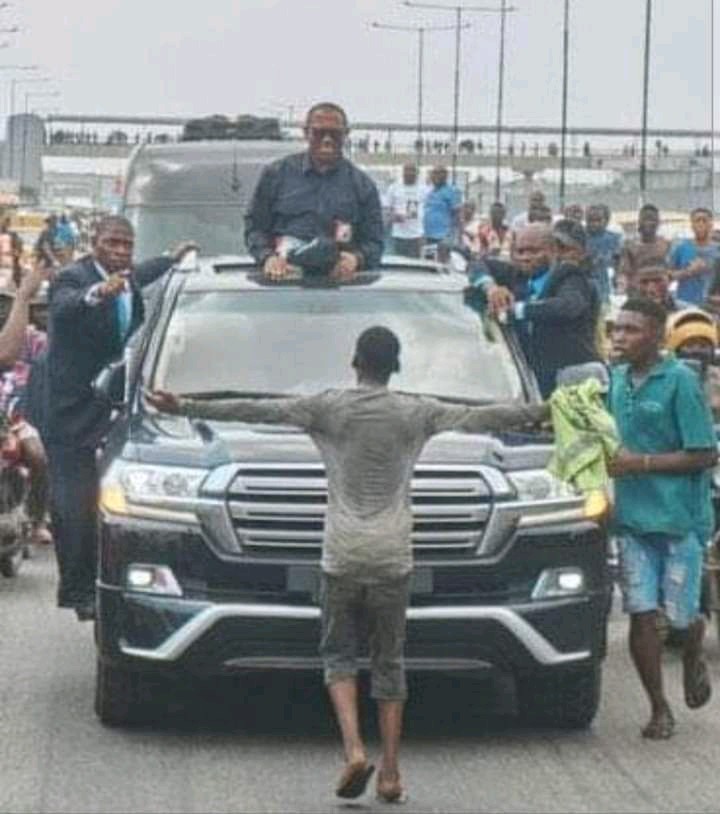
In many cultures, mythology plays an important role during election campaigns. People often invoke the power of mythological figures to represent the values and qualities that they seek in a leader. For example, in ancient Greece, the god Zeus was held up as a symbol of justice and fairness, so many candidates invoked his name when appealing to their constituents. Similarly, in the Middle East, the goddess Ishtar is frequently referenced to represent strength and courage, so many candidates invoke her name when running for office.
In many cultures, stories and legends from mythology can also be used to illustrate the importance of a particular candidate. For example, the story of the Trojan Horse is often used to demonstrate that even small, seemingly insignificant acts can have a profound impact on the outcome of an election. In addition, stories of legendary heroes, such as Hercules, can be used to show that even the most challenging tasks can be accomplished with courage and determination.
Finally, many candidates also use mythology to make their policies more appealing. For example, in ancient Greece, the goddess Athena was seen as the patroness of wisdom and strategic thinking, so many candidates invoke her name in order to emphasise their own intellect and capabilities. Similarly, in the Middle East, the god Marduk is often mentioned.
Register for Tekedia Mini-MBA edition 19 (Feb 9 – May 2, 2026): big discounts for early bird.
Tekedia AI in Business Masterclass opens registrations.
Join Tekedia Capital Syndicate and co-invest in great global startups.
Register for Tekedia AI Lab: From Technical Design to Deployment (next edition begins Jan 24 2026).

Patterns and insights exemplified in the above narratives about myth in politics in Greece are not quite different in Nigeria. In this piece, our analyst used the photo of a boy who stood in front of Mr. Peter Obi, the presidential candidate of the Labour Party, to establish how politicians are more friendly with people during campaign rallies but hardly exhibit the same feature when they are in power. Our analyst notes that during campaign activities, candidates are more in tune with people in terms of playing with them and performing some tasks that suggest being accessible to people. However, the heavy security men around them and their inability to meet people one-on-one in times of crises in most cases are the realities Nigerians have been contending with over the years, making them (Nigerians) feel that democracy is not working as it was conceptualised several years ago.
The picture depicts a typical campaign rally during Nigeria’s elections, where members of political parties converged at a place with the intention of promoting and marketing their programmes to the citizens, especially those who are eligible to vote. Like scenes that characterised previous campaign events in Nigeria, the boy in front of Mr. Peter Obi’s convoy represents how Nigerians are usually in wild jubilation whenever they have the opportunity to meet candidates physically beyond reading, watching and listening to them through the media. The stretching of hands by the boy suggests that Mr. Obi is welcomed to the campaign location with a full heart and a supportive mind. The little smile on Mr. Obi’s face indicates his happiness and the acceptance of the support he received at the campaign location. The posture of the two security men suggests their readiness to confront anyone with the intent of attacking Mr. Obi. However, the security man on the right side of Mr. Obi and the people at the back of the Labour Party’s presidential candidate seem to be happy with the boy’s courage, while pointing fingers at the boy by the security man on the left indicates that he (the security man) is not in support of the boy’s act, seeing it as a possible threat to Mr. Obi’s life. The closeness of another boy to Yusuf Alami suggests his (the second boy) readiness to join him in making the welcome of Mr. Obi more blissful.
While the boy’s gesture suggests that Mr. Obi is one of the candidates Nigeria needs to renew hope in many youths, the security man who wears a mournful look and points to the boy would ordinarily do more than that if Mr. Obi were in a public arena as an elected president. There have been numerous reports of security forces brutalising and killing Nigerians during protests. The fuel subsidy removal protests of 2012 and the recent ENDSARS protests are still fresh in the minds of many Nigerians.


